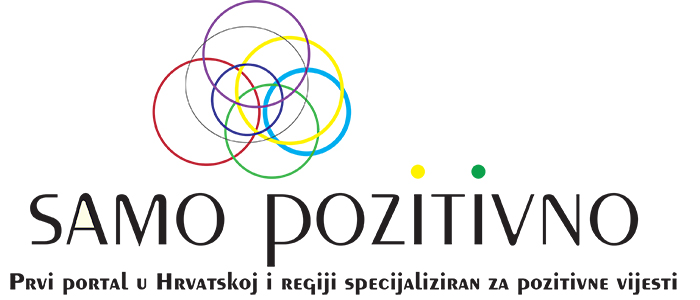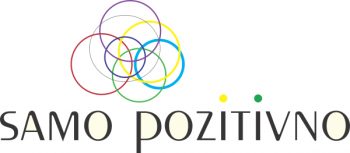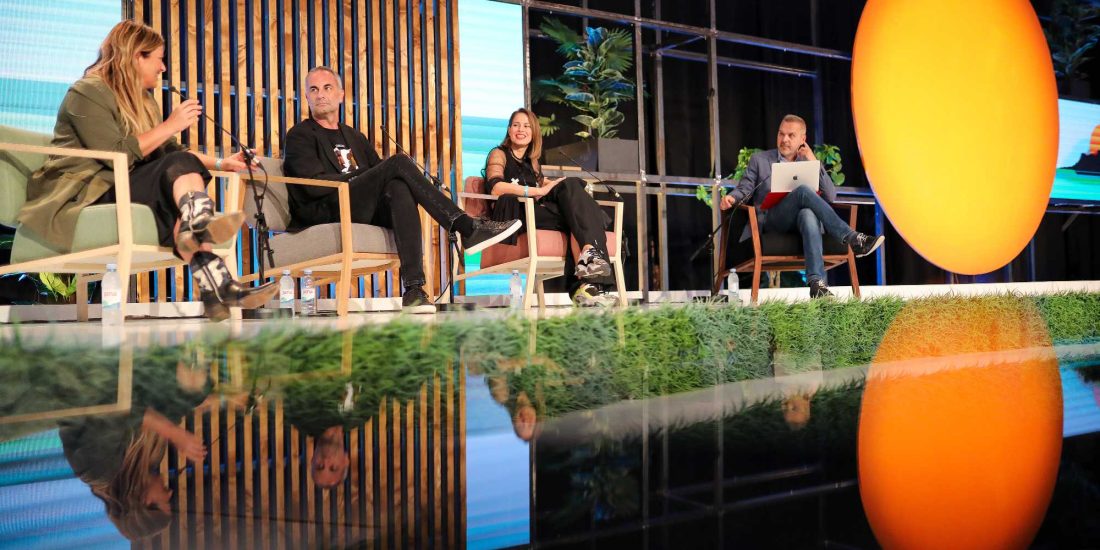
10th ISABS Conference on Forensic and Anthropologic Genetics and Mayo Clinic Lectures in Individualized Medicine
We are pleased that the program is already taking shape. Program directors are doing their best to provide the most up to date advances in genetics applied to the crossing of forensic science, anthropology and translational medicine. We have asked some most prominent scientists today to help program directors in shaping and chairing the conference sessions. Together with several conference regulars, next year will bring many new and exciting names. Over the next weeks and months we will keep bringing program updates to this web site. Please check it regularly to monitor program growth.
10th ISABS Conference Invited speakers:
Nobel Lectures
Robert Huber (Nobel Prize in Chemistry 1988; Max-Planck-Institute, Martinsried, Germany)
Paul Modrich (Nobel Prize in Chemistry 2015, Duke University Medical Center, Durham, NC, USA)
Harald zur Hausen (Nobel Prize in Medicine 2008; German Cancer Research Center, University of Heidelberg, Heidelberg, Germany): Pathogenicity of Bovine Bacterial Plasmid-Derived Virus-Like Infections,
Ada Yonath (Nobel Prize in Chemistry 2009; Weizmann Institute of Science, Rehovot, Israel)
Inaugural Plenary Session:
Gianrico Farrugia (Mayo Clinic, Jacksonville, FL, USA) Individualized Medicine: From Promise To Practice
Eske Willerslev (University of Cambridge, UK and University of Copenhagen, Denmark): What we can learn from ancient genomics
Manolis Kellis (MIT Computer Science and Artificial Intelligence Laboratory, Massachusetts Institute of Technology, Cambridge, MA, USA and The Broad Institute of MIT and Harvard, Cambridge, MA, USA): Interpreting “Dark Matter” of the Human Genome in Complex Diseases
Walther Parson (Institute of Legal Medicine, Innsbruck Medical University, Innsbruck, Austria): From forensic genetics to forensic genomics
Special Plenary Lectures:
Anthony Atala (The Wake Forest Institute for Regenerative Medicine, Wake Forest University, Winston-Salem, NC, USA): The Future of Regenerative medicine
Turi King (University of Leicester, Leicester, United Kingdom): The incredible but true identification story of King Richard III
Jan van Deursen (Mayo Clinic, Rochester, MN, USA ): Fundamental mechanisms of aging and aging-related diseases
Individualized medicine Program:
Amelie Bonnefond (Institut Pasteur de Lille, Lile, France):Genetics of Type 2 Diabetes
Jiří Damborský (Masaryk University, Brno, Czech Republic):Predicting phenotypically causal genomic variants
Nilufer Ertekin Taner (Mayo Clinic, Rochester, MN, USA ): Genetics and epigenomics of Alzheimer’s disease and progressive supranuclear palsy)
Magnus Essand (Uppsala University, Uppsala, Sweden): Cancer gene and immunotherapy
William Faubion (Mayo Clinic, Rochester, MN, USA): Epigenetics of inflammatory bowel disease
Arezou Ghazani (Harvard Medical School and Dana-Faber Cancer Institute, Boston, MA, USA): It Takes Two: The Complementary Roles of Constitutional and Tumor Genomics in Cancer Therapy
Zdenko Herceg (Int. Agency for research on Cancer, Lyon, France):Epigenetics and cancer: searching for angels and devils around our genes
Heidi Nelson (Mayo Clinic, Rochester, MN, USA): Microbiome analysis in clinical medicine
Eric Klee (Mayo Clinic, Rochester, MN, USA ): Solving diagnostic Odyssey cases through genomics
Gordan Lauc (University of Zagreb & Genos Glycoscience Research Laboratory, Zagreb, Croatia): High-throughput glycomics for patient stratification: What did we learn from the first 50,000 analyses?
Grzegorz Nowakowski (Mayo Clinic, Rochester, MN, USA): Promise and practice of individualized medicine in hematology
Tamas Ordog (Mayo Clinic, Rochester, MN, USA): Metabolic control of transcriptional memory
Leonard Petrucelli (Mayo Clinic, Jacksonville, FL, USA): Genomics and epigenomics of amyotrophic lateral sclerosis (ALS) and frontotemporal dementia (FTD)
Dieter Saur (Technische Universität München, München, Germany): Genetic animal models of carcinogenesis
Tim Spector (King’s College London, London, England, United Kingdom): Gut Microbiome in Twins
Keith Stewart (Mayo Clinic, Rochester, MN, USA): TBC
Stephen Thibodeau (Mayo Clinic, Jacksonville, FL, USA): The Precision Medicine Initiative: challenges in biobanking
Raul Urrutia (Mayo Clinic, Rochester, MN, USA): Epigenetics of pancreatic cancer
George Vasmatzis (Mayo Clinic, Rochester, MN, USA): Genomic biomarkers
Zhiguo Zhang (Institute for Cancer Genetics, Columbia University, NY, USA): Onco-histone mutations reprogram cancer epigenomes
Vlatka Zoldoš (University of Zagreb Faculty of Science, Zagreb, Croatia): Epigenetic editing using the CRISPR/Cas9 system and its applications in precision medicine
Eric Wieben (Mayo Clinic, Rochester, MN, USA): Next-generation sequencing technologies and challenges
Forensic Genetics and Anthropological Genetics Program:
Frederick Bieber (Harvard Medical School and Brigham and Women’s Hospital, Boston, MA, USA): DNA on Trial: interpretation of complex mixtures and courtroom admissibility
Wojciech Branicki (Jagiellonian University, Kraków, Poland), Epigenetic estimation of age in forensics
Bruce Budowle (University of North Texas, Health Science Center, Fort Worth, TX, USA): The expanding field of microbial forensics
Sandy Calloway (UC Davis, Davis, CA and Children’s Hospital Oakland Research Institute, Oakland, CA, USA): Next Generation Sequencing of mixtures in forensic and prenatal DNA testing
Henry Erlich (Children’s Hospital Oakland Research Institute, Oakland, CA, USA): ANext Generation Sequencing of clinically informative DNA mixtures
Wolfgang Haak (Max Planck Institute for the Science of Human History, Jena, Germany): Into Europe from the East – genetic impact of steppe nomads
Diana Hall (University Centre of Legal Medicine, University of Geneva and University of Lausanne, Switzerland): DIP-STRs for forensic mixture deconvolution
Mitch Holland (The Pennsylvania State University, State College, PA, USA): Next Generation Sequencing of mtDNA heteroplasmy in forensics and medicine
Mattias Jakobsson (Uppsala University, Uppsala, Sweden): Into Europe from the South – genetic impact of hunter-gatherers and farmers
Manfred Kayser (Erasmus University Medical Center, Rotterdam, The Netherlands): Recent advances in appearance genetics and impact on Forensic DNA Phenotyping
Peter de Knijff (Leiden University Medical Centre, Leiden, The Netherlands), Next Generation Sequencing of STRs for individual identification
Michael Kobor (University of British Columbia, Vancouver, Canada): Geographic structure of epigenetic variation
Henry Lee (University of New Haven, New Haven, CT, USA): DNA and Other Advanced Technologies for Crime Scene Investigation
Jessica Metcalf (Colorado State University, Fort Collins, CO, USA): Estimating post-mortem interval with microbiome
Matthias Meyer (Max Planck Institute for Evolutionary Anthropology, Leipzig, Germany): Tailor-made NGS for ancient DNA analysis
Rasmus Nielsen (University of California Berkeley, Berkley, CA, USA): The genetic basis of human physiological adaptation
Timothy Palmbach (University of New Haven, New Haven, CT, USA): Use of DNA for border security, counter terrorism, and human rights
Antti Sajantila (Department of Forensic Medicine, University of Helsinki, Helsinki, Finland): Bones as the key to DNA virus history and epidemiology
Pontus Skoglund (Harvard University, Boston, MA, USA): Ancient DNA and migration history of the Americas
Elmar Tobi (Wageningen University and Research, Wageningen, The Netherlands): Epigenetic differences after prenatal adversity: the Dutch Hunger Winter
Chris Tyler-Smith (Wellcome Trust Sanger Institute, Hinxton, United Kingdom): Genetic evidence of classic selective sweeps






